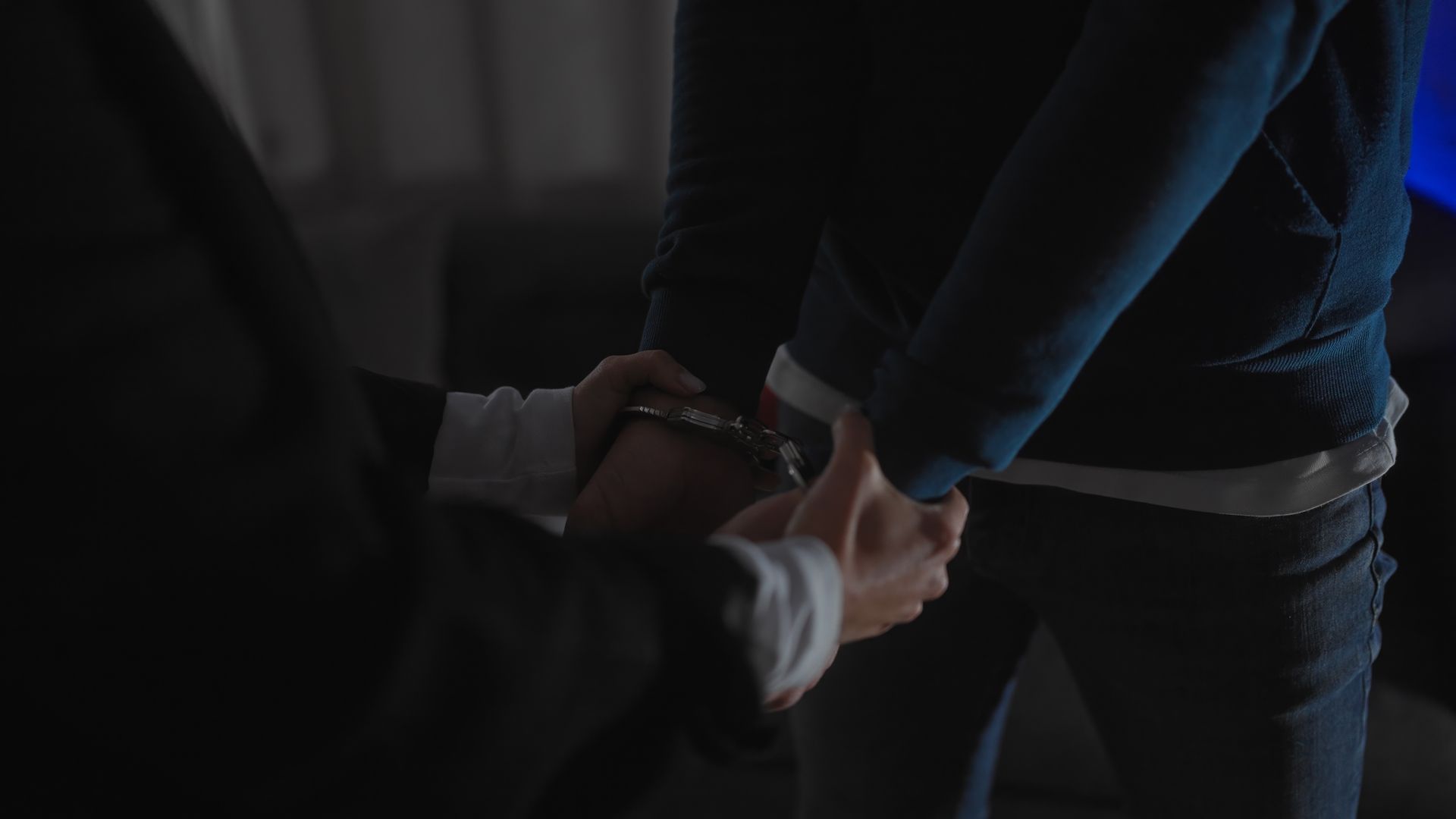Police Misconduct and Excessive Force in Honolulu, HI
The law grants law enforcement significant authority to maintain public safety, but that authority must be exercised responsibly and within constitutional limits. When officers abuse their power—using unnecessary force, conducting illegal searches, or violating rights—the victims are entitled to legal recourse. Andre S. Wooten, Attorney At Law, provides representation for individuals in Honolulu who have experienced police brutality or other forms of misconduct.
Defining Police Misconduct and Excessive Force Under the Law
Police misconduct occurs when an officer acts outside of legal or professional standards, violating an individual’s civil rights in the process. Excessive force is one of the most serious forms of misconduct and arises when officers use more physical force than is necessary under the circumstances.
Legal Basis for Filing a Claim
Victims of police misconduct may bring a lawsuit under Section 1983 of the Civil Rights Act, which allows individuals to sue government actors who violate constitutional rights. Common violations include the Fourth Amendment right to be free from unreasonable searches and seizures, and the Fourteenth Amendment right to due process and equal protection.
Common Types of Police Misconduct in Honolulu
Unjustified Use of Physical Force
Excessive force includes any physical contact that is not necessary to make an arrest, control a situation, or ensure officer safety. This may involve hitting, choking, unnecessary use of tasers, or firearm discharge in non-lethal situations. The degree of force used must be proportionate to the threat presented.
Unlawful Arrest or Detention
Police must have probable cause to detain or arrest a person. When individuals are arrested without sufficient evidence or are held longer than permitted by law, this may constitute a violation of their constitutional rights.
Racial Profiling and Discriminatory Policing
Targeting individuals based on race, ethnicity, religion, or national origin is illegal and violates both state and federal civil rights protections. Discriminatory traffic stops, questioning, or surveillance based on personal characteristics fall into this category.
Retaliation for Recording or Complaining
Individuals have the right to document police activity and to file complaints without fear of retaliation. If an officer punishes or targets someone for exercising these rights, legal action may follow.
Failure to Provide Medical Assistance
Law enforcement officers who ignore serious medical needs or refuse care while someone is in custody may be liable for neglect or deliberate indifference. Failing to provide prompt medical assistance can lead to worsened conditions or even death.
Legal Process for Pursuing a Misconduct Claim
Civil rights cases involving police misconduct are highly detailed and must meet legal standards to move forward. Evidence collection, procedural accuracy, and legal expertise are essential for building a viable case.
Documenting the Incident
The foundation of a police misconduct case is a clear record of what occurred. Evidence may include body cam or dash cam footage, photographs, eyewitness statements, surveillance video, and medical records. In some cases, expert witnesses are brought in to review law enforcement procedures and determine if they were violated.
Filing a Notice of Claim
Claims against public officials in Hawaii may require filing a notice with the appropriate government agency within a specified timeframe. Missing this step may bar a lawsuit. Legal counsel is critical in ensuring that all procedural requirements are met.
Filing Under Section 1983
Once the initial steps are taken, a civil lawsuit may be filed in state or federal court under 42 U.S.C. § 1983. The plaintiff must demonstrate that the officer acted under the color of law and that a constitutional violation occurred. Lawsuits may also name supervisory officials or the municipality if a pattern of misconduct can be proven.
Time Limits and Statutes of Limitation
In Hawaii, Section 1983 claims must be filed within two years of the date of the incident. However, certain claims under state law or those involving minors may allow more time. Early legal consultation helps preserve rights and prevent delays that could jeopardize the case.
Challenges in Police Misconduct Cases
Law enforcement agencies often defend these cases aggressively, and courts grant officers some legal protections under doctrines like qualified immunity. To overcome these defenses, the case must present clear evidence of unconstitutional conduct that a reasonable officer would have known was unlawful.
Andre S. Wooten, Attorney At Law, prepares each case with this high standard in mind, conducting thorough reviews of incident reports, department policies, and prior misconduct histories when available. Each client’s story is documented in full, with careful attention to legal standards and procedural accuracy.
Legal Advocacy in Honolulu and Across O‘ahu
Police misconduct can happen anywhere, from street encounters to incidents inside jails or detention centers. Andre S. Wooten represents clients throughout Honolulu, including cases arising in areas such as Kalihi, Makiki, Wahiawa, and Chinatown. He handles claims involving both the Honolulu Police Department and other enforcement entities, such as campus or transportation officers.
For those seeking a
police misconduct or excessive force lawyer in Honolulu, HI, legal representation offers a way forward. Victims of police abuse deserve to have their voices heard, their rights upheld, and their harm addressed through the justice system.


